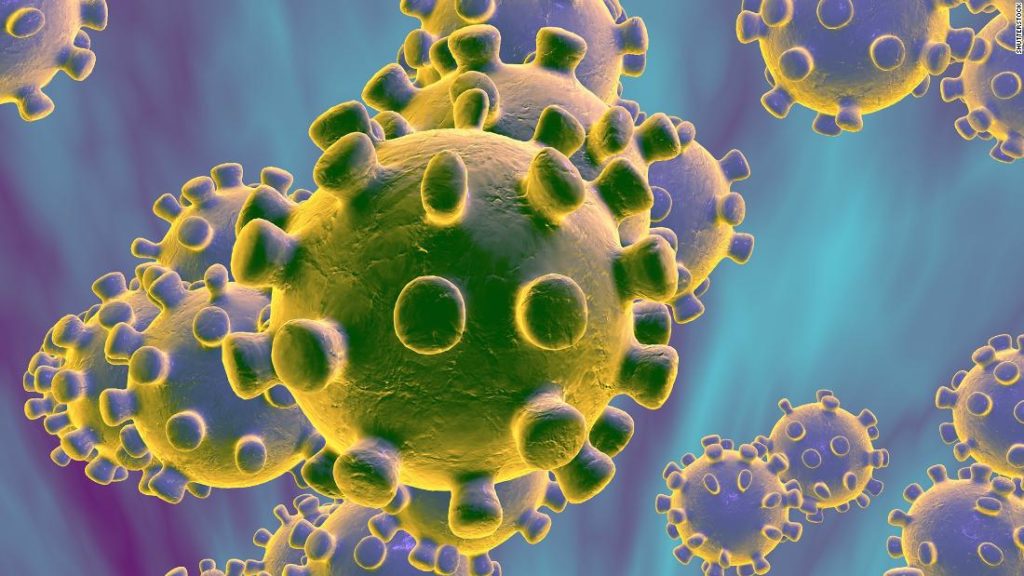The World Health Organization (WHO) has declared a global health emergency over a new coronavirus that has killed at least 304 people in China following an outbreak in the central city of Wuhan, forcing a government lockdown in almost 20 cities that, in effect, has quarantined an estimated 56 million people.
What is coronavirus?
According to the World Health Organization (WHO), coronaviruses are a family of viruses that cause illness ranging from the common cold to more severe diseases such as SARS and the Middle East respiratory syndrome (MERS).
These viruses were originally transmitted between animals and people. SARS, for instance, was believed to have been transmitted from civet cats to humans while MERS travelled from a type of camel to humans.
Symptoms
According to the WHO, signs of infection include fever, cough, shortness of breath and breathing difficulties.
In more severe cases, it can lead to pneumonia, severe acute respiratory syndrome, kidney failure and even death.
The incubation period of the coronavirus remains unknown. Some sources say it could be between 10 and 14 days.
The coronavirus is most likely spread from person to person through:
Risk Factors
- Direct close contact with a person while they are infectious
- Contact with droplets when a person with a confirmed infection coughs or sneezes
- Touching objects or surfaces (like doorknobs or tables) that has droplets from a cough or sneeze by an infected person, and then touching your mouth or face

